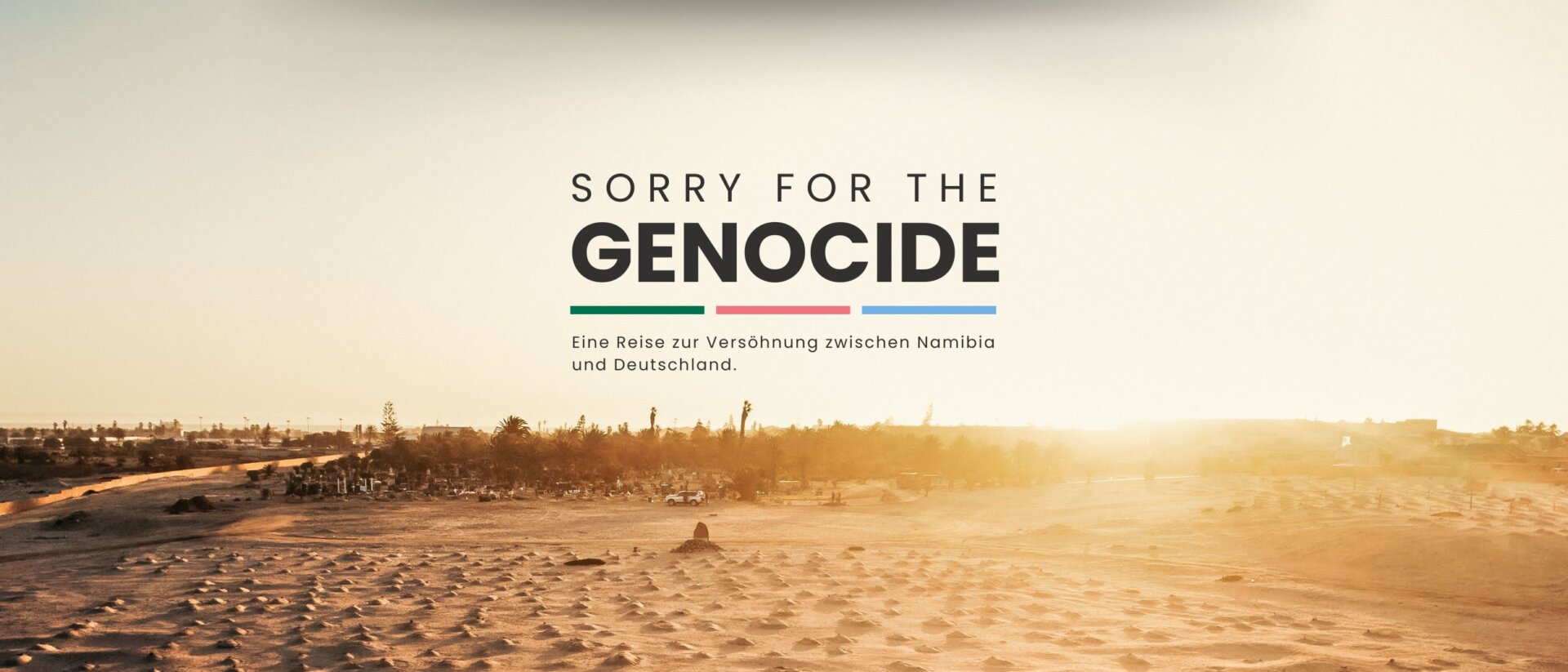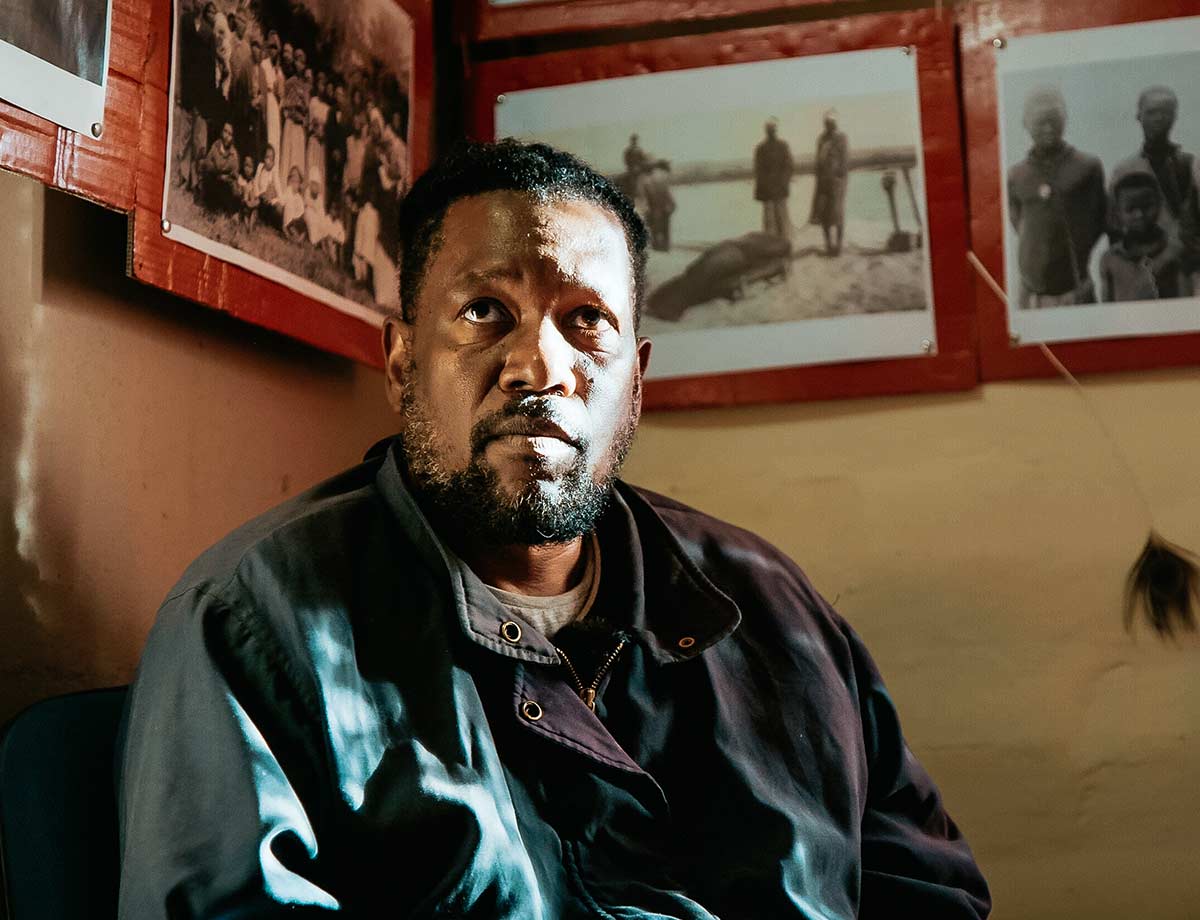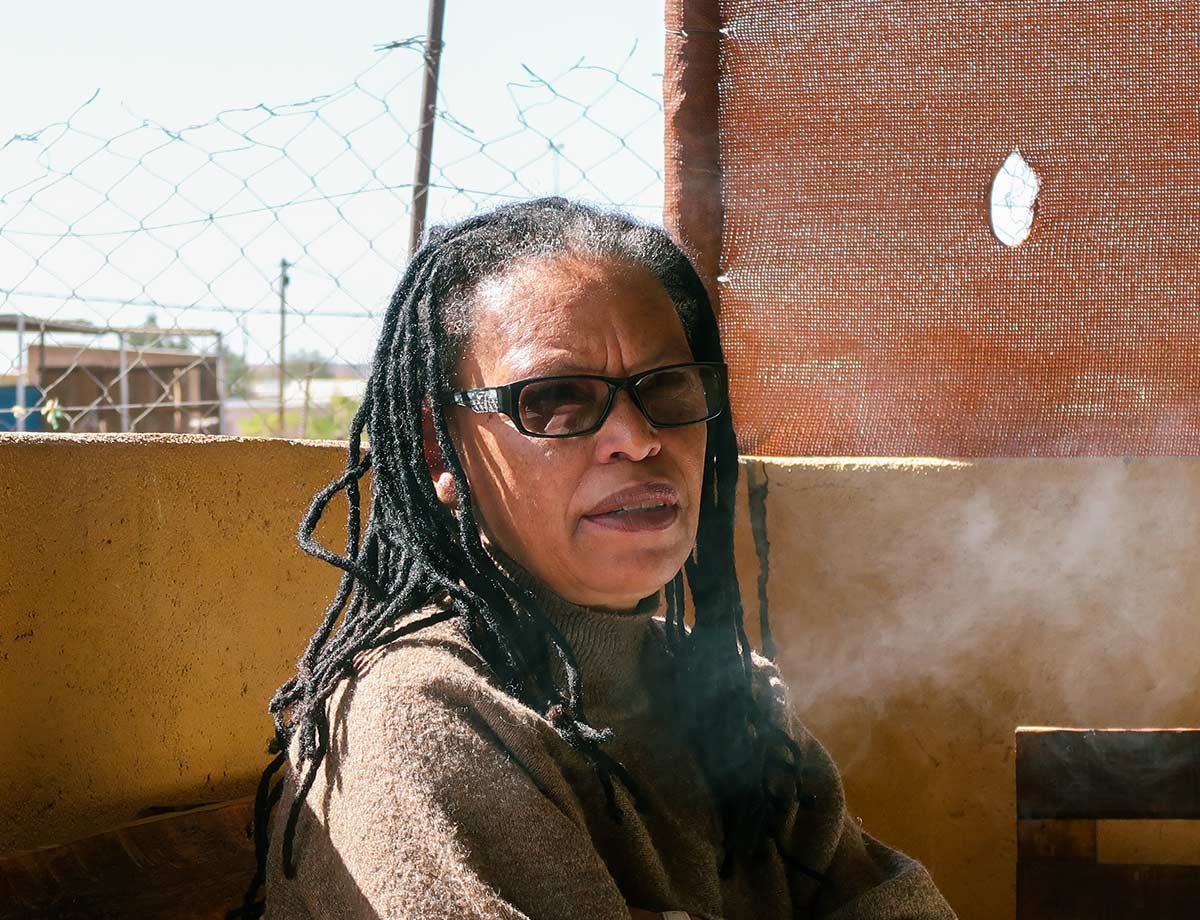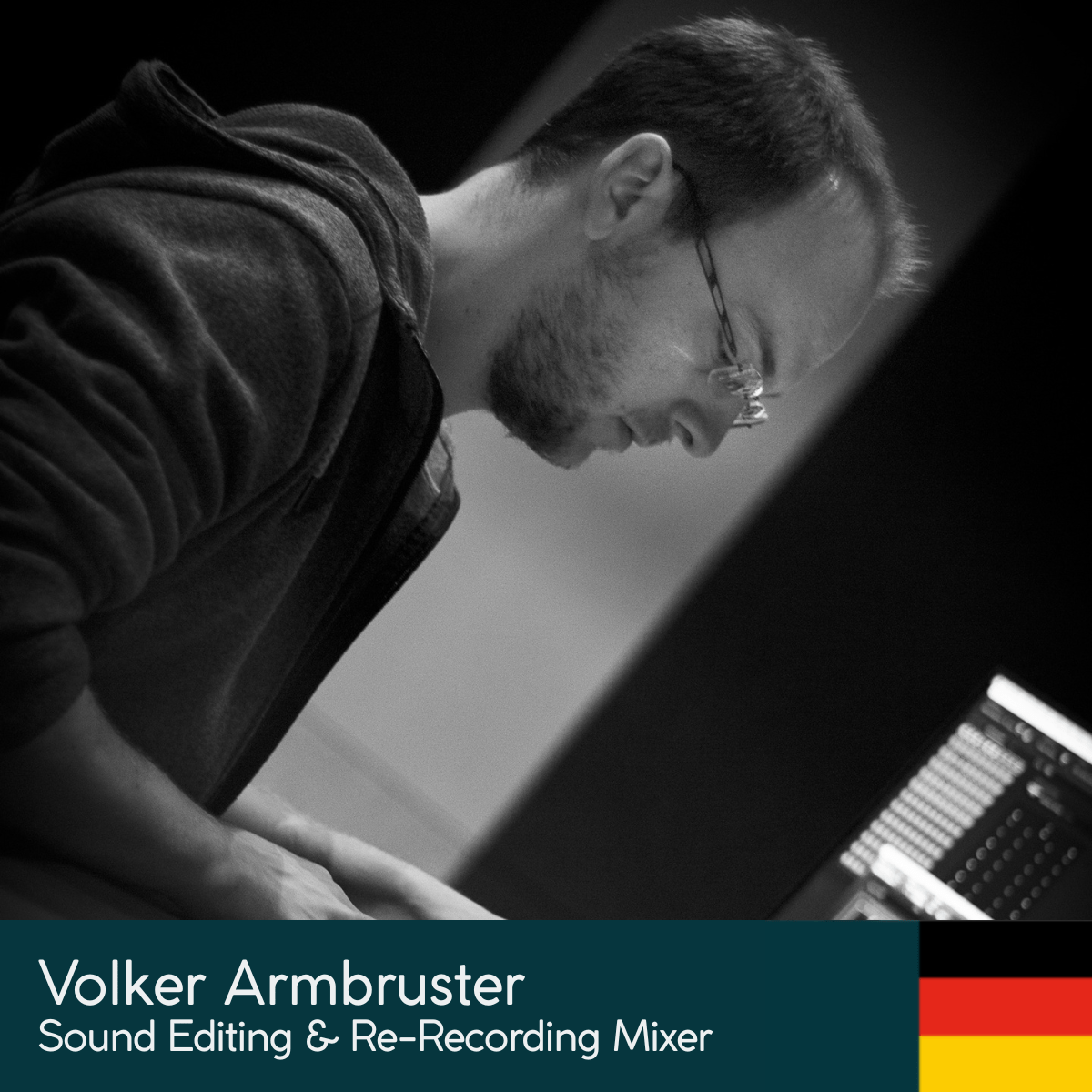
A film that shows history
and shapes the future
‘Sorry for the Genocide’ is a documentary journey through the shared history of Namibia and Germany, which still remains present today. Between 1904 and 1908, German colonial troops killed up to 100,000 people in what is now Namibia - a crime considered the first genocide of the 20th century.
More than a century later, Germany seeks to officially recognize this genocide and issues an apology through the ‘Joint Declaration’. However, the agreement is not universally welcomed: The descendants of the Ovaherero and Nama, who were directly affected, feel excluded. Their voices remain unheard in the negotiations - they demand justice and the right to participate.
The film gives a voice to all parties and addresses the question of how a genuine reconciliation leading to a common future is possible.
The Joint Declaration at a Glance
The Joint Declaration is part of a process aimed at reconciliation, the recognition of Germany's historical responsibility, and justice for the victims of genocide. It states that:
- Germany recognizes that the actions against the Herero and Nama constitute genocide.
- Germany officially apologizes to Namibia and the descendants of the victims.
- Germany commits to providing around 1.1 billion euros in development aid over a period of 30 years to benefit the directly affected communities.
However, the agreement has not been met with universal approval. The descendants of the Ovaherero and Nama, who were directly affected, feel excluded. Their voices remain unheard in the negotiations - they demand justice and the right to participate..
The signing of the Joint Declaration remains a topic of debate. The ongoing discussions highlight how difficult it is to address historical injustice in a way that is perceived as fair and just by all sides.
Our film explores how the Joint Declaration is perceived by all affected communities and reveals the scars left by this chapter of history. It offers them a seat at the virtual negotiating table and the opportunity to share their perspective.

The Joint Declaration raises the questions: What does responsibility mean? What is true reconciliation?
About us
With Sorry for the Genocide, we are stepping into the world of documentary filmmaking! For this production, we have assembled an international team of creative professionals from Germany and Namibia—experienced filmmakers, writers, journalists, and consultants. Together we are working on exploring the historical and social significance of the Joint Declaration between Namibia and Germany in an unbiased and sensitive manner. Watch the trailer here:
Help us make this film big!
‘Sorry for the Genocide’ gives a voice to the representatives of the affected ethnic groups in Namibia and Germany and addresses the key questions: Does the JD represent adequate reparation? And above all - does it offer a genuine basis for a common, peaceful future? What does responsibility mean? What does reconciliation mean?
After extensive research and numerous interviews in Namibia and Germany, we are currently in post-production. Given the growing scope of the project, we have launched a crowdfunding campaign and welcome any support we can get for the completion of this project.
 The film is an invitation to confront the issue. It challenges us not only to look, but also to listen - and ultimately to act.
The film is an invitation to confront the issue. It challenges us not only to look, but also to listen - and ultimately to act.
Our protagonists
Laidlaw Peringanda
Namibian artist, activist and founder of the Swakopmund Genocide Museum - the first organisation in Namibia dedicated to commemorating the genocide of the Ovaherero and Nama.
Laidlaw is a descendant of Ovaherero leader Hosea Kutako, and his family was directly affected by the genocide. Especially within his role as chairman of the Namibian Genocide Association, he is particularly committed to advocating for the recognition of the genocide and the rights of its descendants.
He is especially critical of the 2021 reconciliation agreement between Namibia and Germany, which, in his view, fails to adequately address the demands and needs of the affected communities.


Sima Luipert
Namibian expert on regional and rural development, committed human rights and social activist, Director of Development Planning at the Hardap Regional Council and Vice-Chair of the Technical Committee on the Nama Genocide within the Nama Traditional Leaders Association (NTLA)
Sima is deeply committed to advocating for the rights of the Nama community and plays a key role in addressing the colonial past. Her great-grandmother was imprisoned in concentration camps such as Shark Island and Okawayo. This personal connection fuels Luipert’s determination to raise awareness of the lasting impact of genocide and to fight for social justice.
 We are taking on the challenge of creating a narrative that has a lasting impact. It's not just about shedding light on (another) dark chapter in German history, but about initiating conversations and working together to find ways to heal.
We are taking on the challenge of creating a narrative that has a lasting impact. It's not just about shedding light on (another) dark chapter in German history, but about initiating conversations and working together to find ways to heal.

A look at the history:
Namibia has been home to the Nama, Herero, San, Damara and other indigenous groups for thousands of years, resulting in a culture that is fascinating in its diversity and distinctiveness. The arrival of the European colonial powers in the late 19th century marked an important turning point. Namibia became a German colony in 1884 and fell under the repressive apartheid regime imposed by South Africa after the end of German rule. The struggle for autonomy and coming to terms with the painful past remains a challenge. Today, around twelve different ethnic groups live in Namibia, including people of Portuguese and German descent. The The Joint Declaration can represent a step toward a shared future.





















